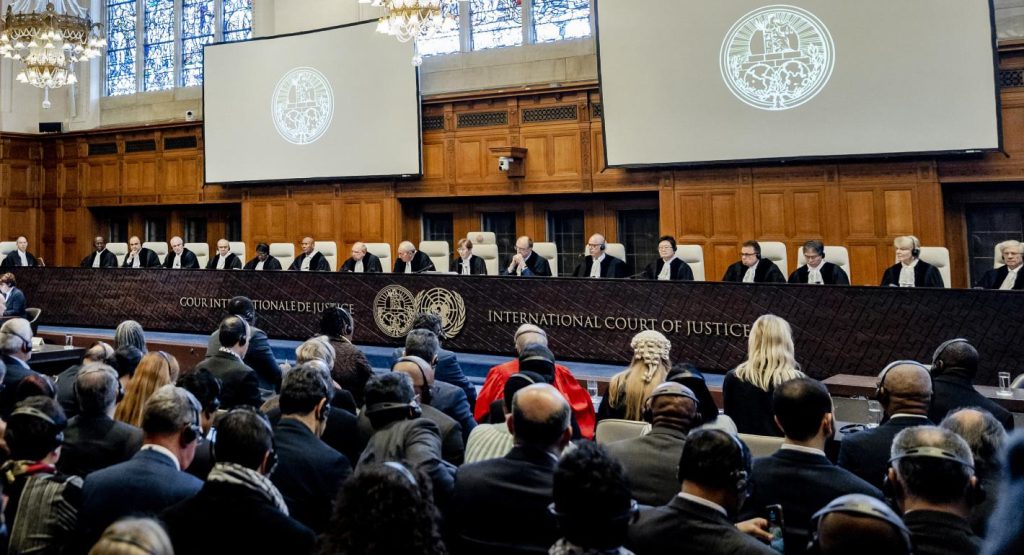The International Court of Justice (ICJ) is set to hold groundbreaking hearings next week in The Hague, seeking to establish a legal blueprint for how nations should combat the climate issue of greenhouse gas emissions and the potential consequences for failing to do so. Representatives and legal experts from over 100 countries and organisations will present their arguments, marking the largest number of participants in the court’s history.
The hearings, starting Monday at the Peace Palace, aim to address two key questions referred by the UN General Assembly. First, what are the obligations of states under international law to protect the planet’s climate system? Second, what are the legal consequences for countries whose actions or inactions cause significant harm to the environment? These questions are particularly critical for vulnerable nations like Pacific island states, which face rising sea levels and increasingly severe weather patterns.
The initiative, championed by a coalition of Pacific island nations led by youth activists, has been years in the making.

The hearings follow the recent COP29 climate summit in Azerbaijan, where developed nations pledged $300 billion annually for climate finance by 2035. However, this commitment was criticised by poorer nations as inadequate, especially as the final agreement omitted a global commitment to phase out fossil fuels.
The ICJ’s advisory opinion, though not binding, is expected to shape future climate litigation at national and international levels. Joie Chowdhury, a senior lawyer at the Center for International Environmental Law, described the process as an opportunity to outline a legal blueprint that could guide more specific rulings.
Major carbon-emitting nations, including China, the United States, and India, are among the 98 countries set to make submissions. The hearings will also feature statements from organisations like the EU and the Organisation of the Petroleum Exporting Countries.
While some remain sceptical about the immediate impact of the ICJ’s opinion, activists and vulnerable nations see it as a crucial step in holding polluters accountable and strengthening global climate governance.
The court’s findings are expected next year and could provide a much-needed framework for addressing the growing challenges of climate change on both legal and practical levels.


